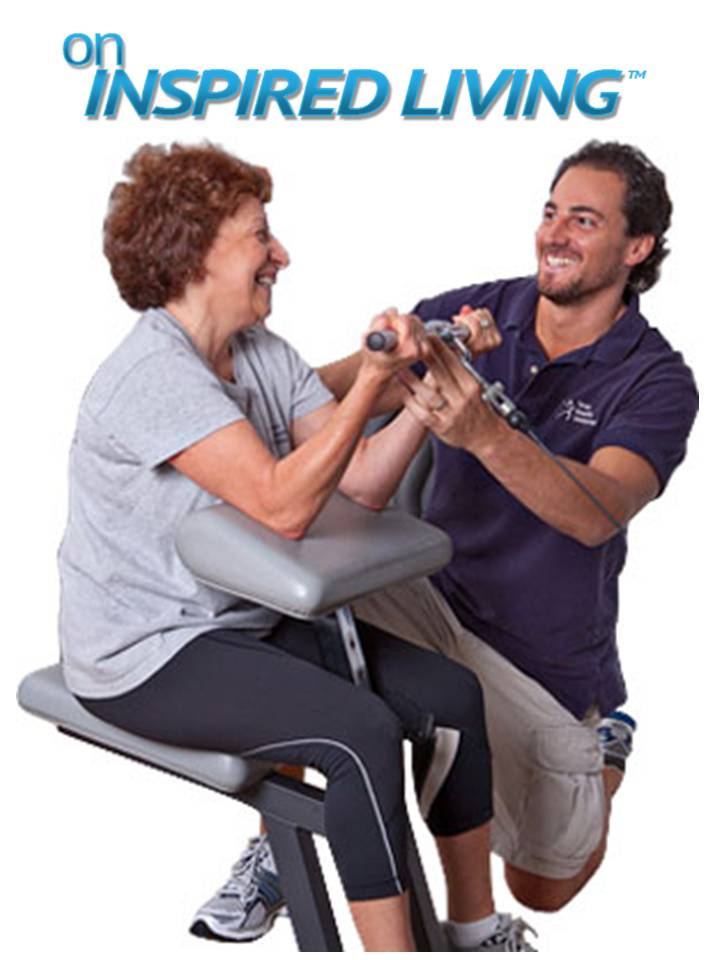 Lifting weights may be adding years to your life quality! This suggestion is based on the understanding that increasing lean muscle mass (building muscle), which is a byproduct of strength training, helps protect against diabetes and benefits those dealing with diabetes by improving the metabolism of sugar.
Lifting weights may be adding years to your life quality! This suggestion is based on the understanding that increasing lean muscle mass (building muscle), which is a byproduct of strength training, helps protect against diabetes and benefits those dealing with diabetes by improving the metabolism of sugar.
Not only is building muscle known to be important to fight frailty with aging (a condition called sarcopenia), but a new study reports that every additional 10% of skeletal muscle mass was associated with an 11% reduction in insulin resistance and a 12% lower risk of transitional, prediabetes or diabetes.
In simple terms, you might say that when you build muscle, your body’ s metabolism seems to do a better job processing carbohydrates in a healthy way. Hence, strength training helps your body become more sensitive and responsive to insulin, which is ideal for those looking to lose weight and prevent disease.
What the Experts Are Saying
“While we knew there was a relationship between metabolic disorders and very low muscle mass,” says lead researcher Preethi Srikanthan, MD, of the University of California-Los Angeles, “we were surprised to find that this relationship was preserved across the range of muscle mass.”
Looking at the Research
Dr. Srikanthan and colleagues examined data on 13,644 participants in the National Health and Nutrition Examination Survey (NHANES) III, from 1988 to 1994. When researchers compared the one-quarter of participants with the most muscle mass with those at the bottom of the spectrum, those with the greatest muscle mass were 63% less prone to diabetes.
When the results were adjusted to omit people already suffering from diabetes, the association between muscle mass and improved insulin resistance was even stronger.
Benefits of Increasing Muscle Mass
The benefits of increasing muscle mass went beyond countering the metabolic effects of sarcopenia: “Increases in muscle mass above even average levels were associated with additional protection against insulin resistance and prediabetes.”
Insulin resistance is a condition in which the body’s muscle, fat and liver cells don’t respond properly to insulin, a hormone made by the pancreas that helps cells take in and use glucose. As a result, excess glucose—a form of sugar that’s the body’s main source of energy—builds up in the bloodstream, setting the stage for diabetes.
According to Dr. Srikanthan, “Our findings suggest that beyond focusing on losing weight to improve metabolic health, there may be a role for maintaining fitness and building muscle mass.
This is a welcome message for many overweight patients who experience difficulty in achieving weight loss, as any effort to get moving and keep fit should be seen as laudable and contributing to metabolic change.”
The study was cross-sectional rather than interventional, so the researchers can’t say for certain that increasing your muscle mass will lower your risk of developing insulin resistance or pre-diabetes.
REFERENCE: Journal of Clinical Endocrinology and Metabolism



